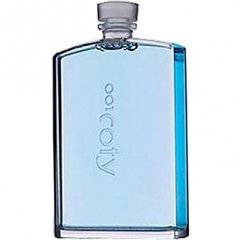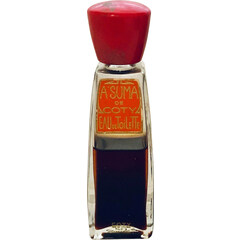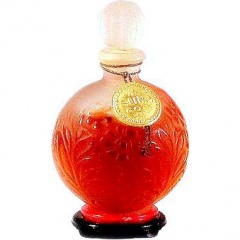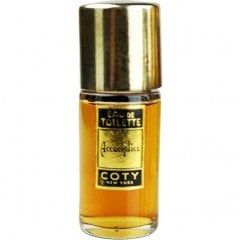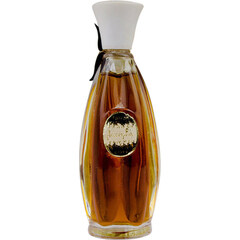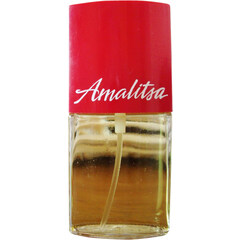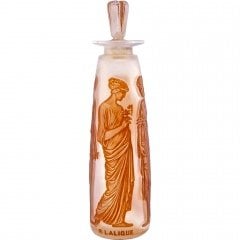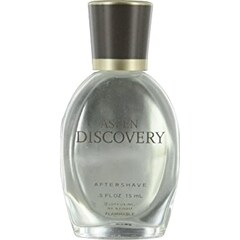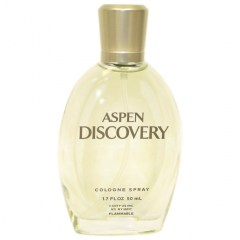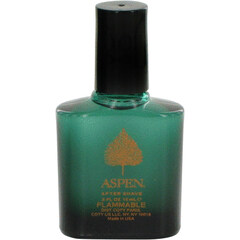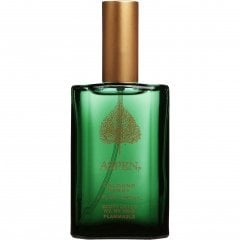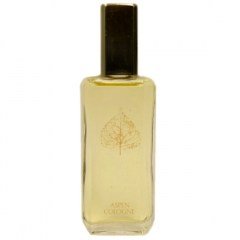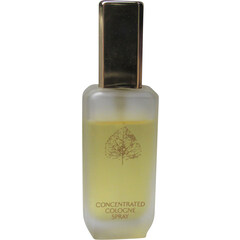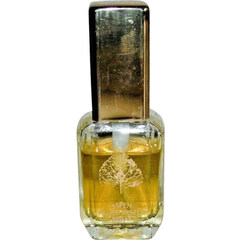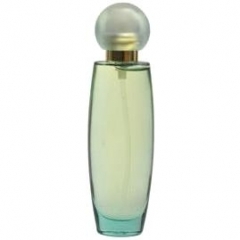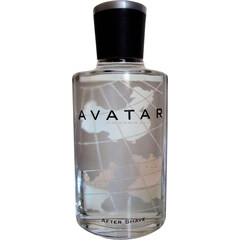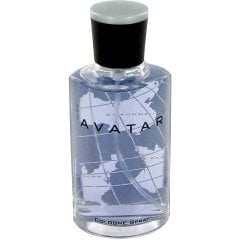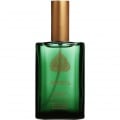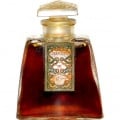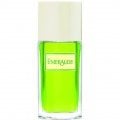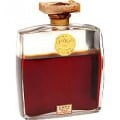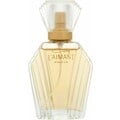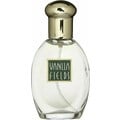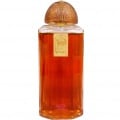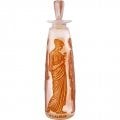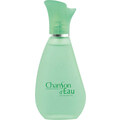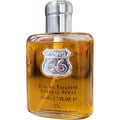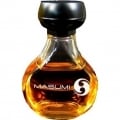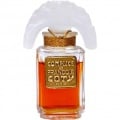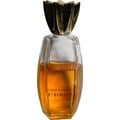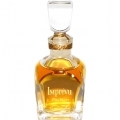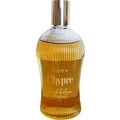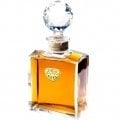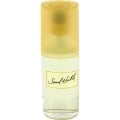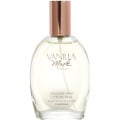Coty
 France since 1904
France since 1904 Founded in 1904 by François Coty, a visionary and epochal influential creator of the art of perfumery, Coty is today an international corporation with 12,000 employees and a comprehensive... Read more
Interesting Facts
Founded in 1904 by François Coty, a visionary and epochal influential creator of the art of perfumery, Coty is today an international corporation with 12,000 employees and a comprehensive portfolio of individual mid-priced mainstream cosmetic and fragrance brands.
François Coty (1874-1934) was one of the first great pioneers of modern perfumery. He collaborated with the jewelry and glass manufacturer René Lalique, thus founding the modern flacon culture. Many of his fragrance compositions had a style-defining and pioneering effect, especially his "Chypre de Coty" of 1917, which became the novel reference fragrance for an entire direction and still gives its name to the entire Chypre perfume family.
The Corsican (born Joseph Marie François Spoturno and related around the corner to Napoleon Bonaparte) was not only a gifted perfumer, but also a capable businessman, who early on understood the large cosmetics market as such and successfully positioned his company internationally: he expanded his product lines to include decorative and skin care cosmetics and, when French perfume boomed among U.S. customers after World War I, opened branches in the UAS as well as others in Europe, Asia and Latin America.
François Coty was also a newspaper publisher and politically very active. He bought the "Figaro" in 1922 and changed its previously moderate conservative orientation to an extreme right-wing populist one. An avowed anti-Semite and fascist, in 1933 he founded the fascist Liga Solidarité Française, a paramilitary organization whose members marched in blue shirts and black berets, chanting "France the French." Coty called himself "the French Duce" (though Solidarité Française was modeled more on the German National Socialist Party, less on Italian fascism).
Coty's fortune suffered tremendously as a result of the stock market crash of 1929, and when he divorced his wife Yvonne that same year, a significant portion of the remaining company assets and property rights went to her. The last five years of his life were marked by lawsuits against his ex-wife. In 1934 he died as a result of an aneurysm.
Yvonne sold the Coty company to the Pfizer pharmaceutical group in 1963 on the condition that François Coty's heirs remain part of the company's management. In 1992, the company and with it the prominent name was sold by Pfizer to the German Joh. A. Benckiser GmbH.
François Coty's great influence on perfumery and the perfume business can hardly be overestimated: avant-garde, progressive, trend-setting, he truly programmatically charted the artistic path of the art form of perfumery into the future, whereby he, already successful and wealthy in his present time, opened up the international market and was also ahead of his time in business terms.
Today, the name of the pioneer Coty stands for a wide range of beauty products, which are distributed worldwide very successfully with a lot of advertising and professional marketing.
François Coty (1874-1934) was one of the first great pioneers of modern perfumery. He collaborated with the jewelry and glass manufacturer René Lalique, thus founding the modern flacon culture. Many of his fragrance compositions had a style-defining and pioneering effect, especially his "Chypre de Coty" of 1917, which became the novel reference fragrance for an entire direction and still gives its name to the entire Chypre perfume family.
The Corsican (born Joseph Marie François Spoturno and related around the corner to Napoleon Bonaparte) was not only a gifted perfumer, but also a capable businessman, who early on understood the large cosmetics market as such and successfully positioned his company internationally: he expanded his product lines to include decorative and skin care cosmetics and, when French perfume boomed among U.S. customers after World War I, opened branches in the UAS as well as others in Europe, Asia and Latin America.
François Coty was also a newspaper publisher and politically very active. He bought the "Figaro" in 1922 and changed its previously moderate conservative orientation to an extreme right-wing populist one. An avowed anti-Semite and fascist, in 1933 he founded the fascist Liga Solidarité Française, a paramilitary organization whose members marched in blue shirts and black berets, chanting "France the French." Coty called himself "the French Duce" (though Solidarité Française was modeled more on the German National Socialist Party, less on Italian fascism).
Coty's fortune suffered tremendously as a result of the stock market crash of 1929, and when he divorced his wife Yvonne that same year, a significant portion of the remaining company assets and property rights went to her. The last five years of his life were marked by lawsuits against his ex-wife. In 1934 he died as a result of an aneurysm.
Yvonne sold the Coty company to the Pfizer pharmaceutical group in 1963 on the condition that François Coty's heirs remain part of the company's management. In 1992, the company and with it the prominent name was sold by Pfizer to the German Joh. A. Benckiser GmbH.
François Coty's great influence on perfumery and the perfume business can hardly be overestimated: avant-garde, progressive, trend-setting, he truly programmatically charted the artistic path of the art form of perfumery into the future, whereby he, already successful and wealthy in his present time, opened up the international market and was also ahead of his time in business terms.
Today, the name of the pioneer Coty stands for a wide range of beauty products, which are distributed worldwide very successfully with a lot of advertising and professional marketing.
Content by
 Louce
Louce
 Louce
Louce

